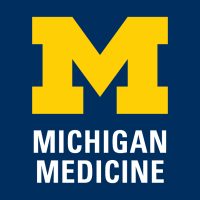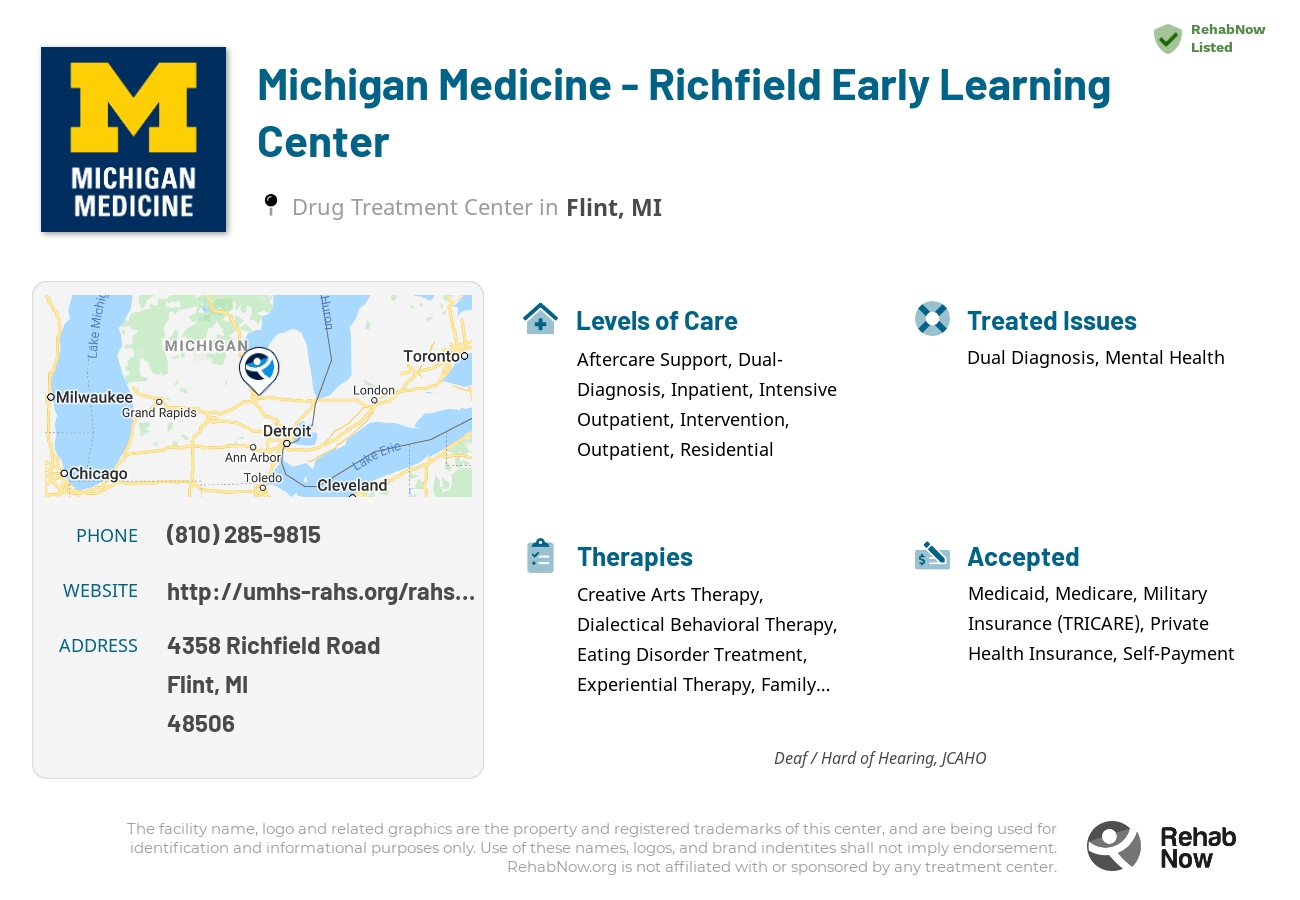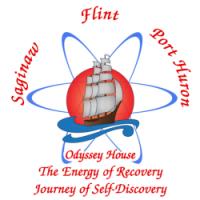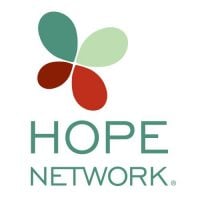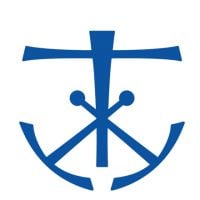Michigan Medicine - Richfield Early Learning Center
Drug Rehab Center in Flint, Michigan
Michigan Medicine - Richfield Early Learning Center is a premier addiction and substance abuse treatment facility that offers individualized care, a client-centered approach, and a range of services to treat substance use disorders and co-occurring disorders, and is accredited and licensed by various organizations.
About This Michigan Facility
Michigan Medicine - Richfield Early Learning Center in Flint, Michigan is a premier addiction and substance abuse treatment facility. It is run by board certified professionals, who have been trained in evidence based practices, and provide individualized care, with an emphasis on client-centered approach and relationship. Their main focus is to provide a safe, supportive environment for individuals with addiction and substance abuse issues, where they can gain coping skills to help with their problems.
Michigan Medicine - Richfield Early Learning Center offers a wide range of services to treat substance use disorders. These services include individual and group counseling, relapse prevention and aftercare planning, family therapy, peer-recovery services, psycho-educational classes and workshops, and medication-assisted treatment. They also provide counseling for co-occurring disorders, such as anxiety, depression, and trauma, as well as special services for adolescents.
Michigan Medicine - Richfield Early Learning Center is accredited by the Commission on Accreditation of Rehabilitation Facilities, is licensed by the State of Michigan, and is a recipient of the National Council for Behavioral Health's Excellence in Recovery Award. They are also a Behavioral Health Professional Group Partner Network Member with Medicaid, providing quality and affordable services to clients.
Genders
Ages
Modality
Additional
Accreditations

JCAHO
Conditions and Issues Treated
There are different kinds of Dual Diagnosis:. A person who simultaneously experiences both a mental illness and an addiction disorder. Or, a person who experiences one or more coexisting (simultaneous) mental health conditions in addition to a primary substance use disorder.
The treatment requires a multi-disciplinary approach, it’s crucial for individuals to partner up with a healthcare provider who understands all the recovery components.
Levels of Care Offered at Michigan Medicine - Richfield Early Learning Center
This center offers a variety of custom treatment tailored to individual recovery. Currently available are Aftercare Support, Dual-Diagnosis, Inpatient, Intensive Outpatient, Intervention, Outpatient, Residential, with additional therapies available as listed below.
Inpatient treatment is the most intensive level of care, and it’s necessary for those who aren’t able to control their addiction. These patients also must be drug-free before attending inpatient programs .
During inpatient treatment, addicts live at an inpatient facility 24 hours a day while receiving help. This type of program is generally recommended for those who need to go through detoxification or who are struggling with serious addiction-related issues.
An Intensive Outpatient Program (IOP) is a form of drug treatment that allows individuals to receive the therapy they need while remaining in their homes and community.
An IOP is typically 3-5 days per week, at least 4 hours each day of treatment. Treatment can last for a few months or longer, depending on the situation.
An IOP is a step down from an inpatient treatment center and can be used as a step down from an inpatient stay or as a more intense form of outpatient treatment. IOPs allow for the flexibility to continue working and living at home while still meeting treatment demands.
The outpatient programs in Flint, MI are for those addicted drugs or alcohol. The goal of the outpatient rehabilitation program is to make them stop abusing drugs or alcohol, reduce drug use or addictive behaviors, and become entirely sober. It is generally required to attend the outpatient program for 10-12 hours every week.
Patients can be administered on-the-spot medication to ease withdrawal symptoms such as anxiety, increased heart rate, and even depression. Groups such as Alcoholics Anonymous (AA) and Narcotics Anonymous (NA) can be used as a part of outpatient treatment to help maintain sobriety.
Residential treatment programs are those that offer housing and meals in addition to substance abuse treatment. Rehab facilities that offer residential treatment allow patients to focus solely on recovery, in an environment totally separate from their lives. Some rehab centers specialize in short-term residential treatment (a few days to a week or two), while others solely provide treatment on a long-term basis (several weeks to months). Some offer both, and tailor treatment to the patient’s individual requirements.
The main goal of an intervention is for the addict to go to rehabilitation and address their addiction.
Interventions are meetings organized by friends and family of an individual with addiction. A specialist is present to lead the discussion and motivate the addict to seek external support. Intervention services help family members to open up about their feelings and concern for the addict. This expressiveness usually results in the addict seeking treatment at a rehabilitation facility.
Aftercare support is a service many addicts need to ensure their success at recovery. This service usually includes one-on-one or group therapies, assistance from a sponsor and other types of help designed to make sure the patient continues living a life free from drugs.
Patients also may require medication to help them battle addiction. Some people have been able to successfully recover without additional medications, but others have found that they need help during their transition. Long-term, the patient must take the initiative to attend meetings and receive help from other addicts in recovery.
Therapies & Programs
People in addiction recovery can benefit from individual therapy. This type of therapy involves meeting with a therapist one-on-one. This allows for a personal and trusting relationship to be built so that the patient can be truly themselves and express any emotions they feel. Individual therapy leads to greater understanding and peace about your triggers for addiction and coping strategies to prevent relapse.
Family therapy is a type of group problem-solving that aims to improve communication and relationships between the patient, their family, and sometimes friends. The main goal of family therapy for drug addiction is to create an environment where communication can occur without judgment, hostility, or blame. The therapist is with the family as they learn to communicate with each other differently, especially with the addict when s/he is using.
Group therapy sessions are held in rehab facilities, clinics, churches or community centers that offer drug addiction treatment. People who attend these groups are encouraged to voice their feelings and support other addicts in recovery. This helps group members strengthen their own recovery program while cheering on others who are struggling with sobriety.
Group therapy sessions provide recovering addicts with a chance to cope with everyday situations that many face. Group therapy sessions are held in rehab facilities, clinics, churches or community centers that offer drug addiction treatment.
People who attend these groups are encouraged to voice their feelings and support other addicts in recovery. This helps group members strengthen their own recovery program while cheering on others who are struggling with sobriety.
If you’re looking for addiction treatment, it’s important to find a facility that offers trauma therapy. This type of therapy helps people process and understand the past traumas that have led to their addiction. Trauma therapists will work with clients to help them understand their past and present relationships and show them that they are worthy of love. This therapy is typically done using visualization, discussion, and writing down thoughts and feelings.
Trauma Therapy is a form of therapy that involves working with a patient to help them process and understand the past trauma(s) in their life. This therapy is typically done using techniques such as visualization, discussion, and writing down thoughts and feelings. The main goals of trauma therapy is to help clients express their emotions and talk about what they are feeling.
Dialectical Behavior Therapy (DBT) is a form of cognitive-behavioral therapy that helps people understand how they connect their thoughts, behaviors, and feelings. It can give them more control over their actions, effectively stopping self-harm ideations and attempts in some patients. It also helps put those with borderline personality disorder into control for managing mental struggles.
A new study has shown that DBT works for those with self-harm behaviors and addictions by giving them therapy they can relate to and understand.
Cognitive Behavioral Therapy (CBT) helps addicts identify faulty, negative thinking so that they can work together with the therapist to find healthier ways of thinking. CBT focuses on specific aspects of each person’s thinking, feeling, physiology, and behavior. It aims to identify specific problems in these areas, and create a personalized treatment strategy.
Life Skills Services offered at Michigan Medicine - Richfield Early Learning Center assists addicts in their recovery by teaching them healthy coping mechanisms that will aid them in becoming sober, focussing on helping people enter into, and maintaining long-term sobriety. Michigan Medicine - Richfield Early Learning Center provide Life Skills Services at varying levels of intensity, specific to the needs and requirements of each patient.
Benefits of Life Skills Services offered at Drug Treatment Centers in Michigan:
- Restores hope and empowerment — Helps addicts believe that recovery is possible and instills a new confidence in their ability to achieve a positive, drug-free future
- Enhances family involvement — Encourages families to get involved in the recovery process and supports their understanding and encouragement of healthy behavior.
- Increases patient’s compliance — Helps patients take responsibility for and ownership of their recovery and encourages continued progress
- Reduces relapse rates — Encourages long-term abstinence and emphasizes the importance of establishing sober support systems.
Addicts often experience intense cravings for sugary foods during recovery. By teaching addicts how to eat well and stay healthy, therapists can help them manage their cravings over the course of treatment.
During these sessions, Flint, Michigan dietitians and therapists will offer advice about healthy eating options and teach addicts how to make specific changes in their diet that can help reduce the effects of cravings during recovery.This type of therapy is often used in conjunction with other types of addiction treatment services. By identifying specific triggers and developing strategies to help addicts avoid relapse, most individuals can overcome their cravings and stay sober for good after they finish rehab.
The first step to becoming a non-smoker is the choice to quit smoking. Nicotine replacement therapies are effective because they provide you with the nicotine you are addicted to without inhaling carcinogens from cigarettes.
There are several types of NRT. These include:
- Nicotine gum
- Nicotine patches (transdermal systems)
- Nasal spray
- Lozenges
The benefits to using NRT can include:
- Reduce the risk of heart disease and cancer
- Reduce the anxiety and irritability associated with quitting smoking
- Reduce the risk of type II diabetes.
- Improved fertility in women
Patient Experience
Creative Arts
Creative Arts Therapy is a treatment method for patients of Michigan Medicine - Richfield Early Learning Center in Flint, Michigan who are victims of addiction to drugs, alcohol, or other substances. Group Creative Arts Therapy sessions help addicts get sober by allowing them to meet and talk with peers who are going through the same problems. This builds trust and helps addicts understand that they are not alone. Depending on the severity of the patient’s drug or alcohol problem, they may attend group creative art therapy sessions or individual sessions.Experiential Therapy at Michigan Medicine - Richfield Early Learning Center
Experiential Therapy allows addicts to release emotions in a safe environment. The process involves addicts painting their feelings and releasing them on a canvas. LPE – Love, Peace, and Equilibrium is one of the most popular forms of experiential therapy.
Payment Options Accepted
For specific insurance or payment methods please contact us.
Is your insurance accepted?
Ask an expert, call (888) 674-0062
University of Michigan Health System Regional Alliance for Healthy Schools Associated Centers
Discover treatment facilities under the same provider.
No items foundLearn More About University of Michigan Health System Regional Alliance for Healthy Schools Centers
Additional Details
Specifics, location, and helpful extra information.
Flint, Michigan 48506 Phone Number(810) 285-9815 Meta DetailsUpdated November 25, 2023
Staff Verified
Patient Reviews
There are no reviews yet. Be the first one to write one.
Flint, Michigan Addiction Information
Michigan has the second-highest rate of drug and alcohol abuse in the nation. Heroin is linked to more than 50% of the state's hepatitis C cases. Marijuana is the drug most often associated with crimes in Michigan, followed by methamphetamines. Opioids alone are responsible for almost 20% of all drug overdose deaths in Michigan.
Flint, Michigan has a high rate of drug addiction and abuse. Drug overdoses are the leading cause of death for people under the age of 50. In 2017, there were 1,568 drug-related deaths in Flint, Michigan. Drug addiction can lead to crime, violence, and other negative behaviors. There are many treatment options available in Flint. Some of the most common include inpatient and outpatient rehab programs, 12-step meetings, and therapy.
Treatment in Nearby Cities
- Alpena, MI (139.4 mi.)
- Kingsford, MI (290.3 mi.)
- Bessemer, MI (394.8 mi.)
- Saint Joseph, MI (160.3 mi.)
- Wakefield, MI (390.1 mi.)
Centers near Michigan Medicine - Richfield Early Learning Center
The facility name, logo and brand are the property and registered trademarks of Michigan Medicine - Richfield Early Learning Center, and are being used for identification and informational purposes only. Use of these names, logos and brands shall not imply endorsement. RehabNow.org is not affiliated with or sponsored by Michigan Medicine - Richfield Early Learning Center.
